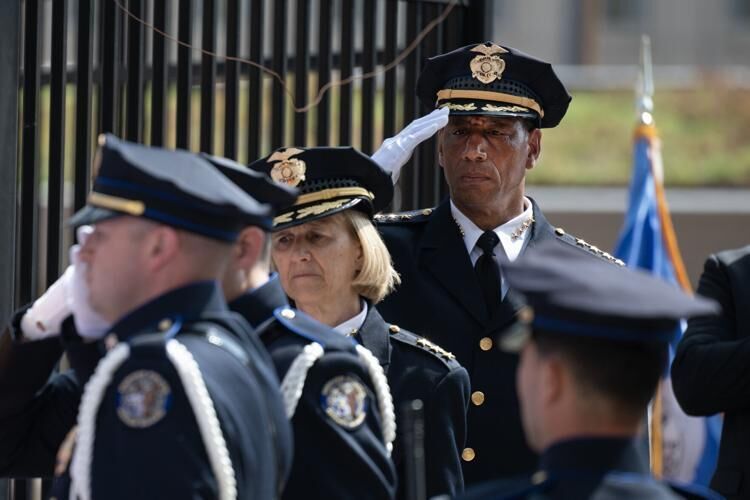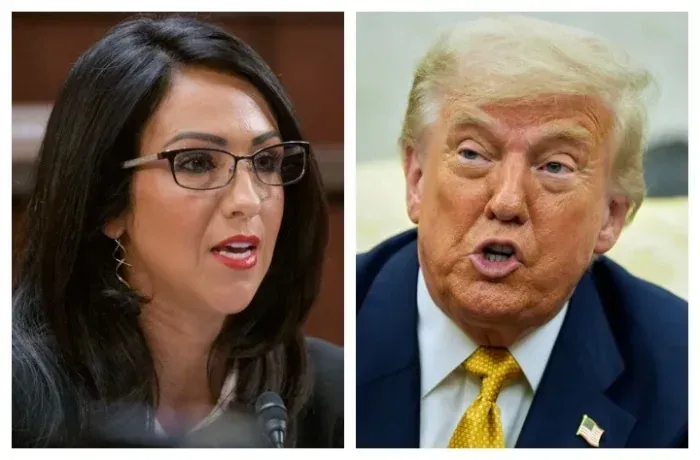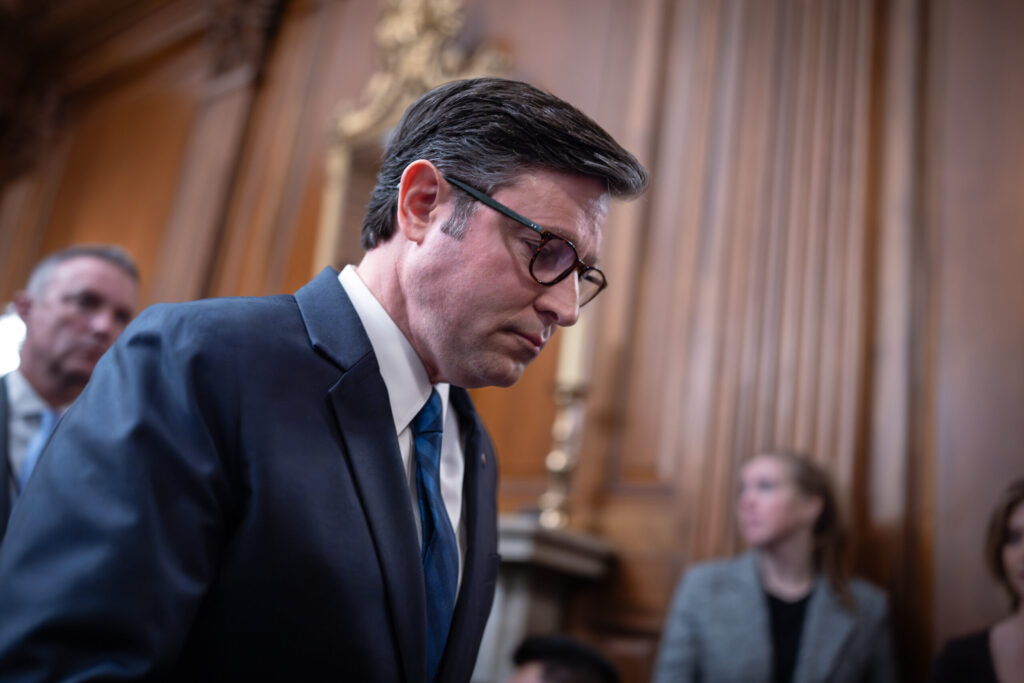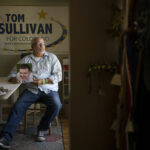‘A daily pain that you live with’: Remembering the Aurora theater tragedy 10 years later

Ten years ago today, a gunman opened fire in a midnight screening of “The Dark Knight Rises” at a theater in Aurora. Like a bomb exploding in a porcelain vase, the shooting ended 12 lives and upended 70 more who were injured but survived, along with the lives of countless others.
Part of the trauma of mass shootings is they shatter the sanctity of everyday places: Schools, movie theaters, supermarkets. They steal away any sense of security that should have come with life’s daily routines.
For survivors, the last 10 years have meant lives redefined by unimaginable trauma. Meanwhile, the country has seen the terror of a mass shooting – such as what happened in Aurora – go from a rare occurrence to a horror that takes over headlines seemingly weekly.
The victims who died that Friday were:
-
Jonathan Blunk, 26
-
Alexander J. Boik, 18
-
Jesse Childress, 29
-
Gordon Cowden, 51
-
Jessica Ghawi (also went by Jessica Redfield), 24
-
John Larimer, 27
-
Matt McQuinn, 27
-
Micayla Medek, 23
-
Veronica Moser-Sullivan, 6
-
Alex Sullivan, 27
-
Alexander C. Teves, 24
-
Rebecca Wingo, 32
A decade on, The Denver Gazette spoke to several people whose understandings of safety, justice and loss were shaped by living through the massacre’s aftermath.
“The good days are tempered. They’re not the good days of old,” said Tom Sullivan, whose son, Alex, had gone to the movie for his birthday and was among those killed. Sullivan, who now represents House District 37 as a Democrat in the state legislature, remains an outspoken advocate for tougher gun regulations.
“They’re better than the bad days, and that’s kind of enough,” he said.
The Moment They Heard
George Brauchler, former 18th Judicial District Attorney: I was the Republican nominee for district attorney. I had been that for less than a month. I remember waking up in the middle of the night, as I tend to anyway, just grabbing my phone and checking my social media feed, and seeing all of the posts start coming in: “Prayers for Aurora,” “Horror in Aurora.”
Mona Walker, juror #557 in the gunman’s trial: We were on our way to California. I was so sad. It’s a sad thing that Colorado was getting known for mass shootings. I was sad for being a native.
Brauchler: I spent the next several hours watching it unfold on TV with everybody else, and realizing that once they had taken the shooter alive behind theater number nine, that there was only one place this case could resolve and that was in a courtroom. And that come November, I was very likely going to be the person that had to make the decision about the case.
It wasn’t just looking at it as a member of the community who could try to understand how big the loss was. It was coming from a standpoint of, the whole dynamic of the campaign, and the whole dynamic of what I thought I was going to be doing in office has just simply been ripped away.
The Aftermath
John Walsh, former U.S. Attorney for the District of Colorado: What I think all of us were struck by that morning is the echoes of Columbine were really deafening. I think we all were in shock because of the scope of loss of life and an enormous number of very serious injuries that had been inflicted on 70 people in the theater. But we were also really reflecting on what this said about the state of things in Colorado. That was a cloud that all of us had hanging over us as we were really wrestling with our fierce commitment and loyalty and pride in this state, and yet seeing something this terrible happen.
Brauchler: The process of deciding whether or not to pursue capital punishment took a long time. There’s 112-ish victims of the 12 deceased, and they’re the ones you consult with [in the decision]. I remember in all the calls, we had just the vast disparity in thoughts and reasoning as to why someone wanted death versus life versus plea versus trial, and just how intense it was. Seeing people who were in the same room as you, but they were on a different planet when it came to how this case impacted them.
I’m trying to figure out how do you even dare to try to carve out justice in this thing, and realizing just how impotent our system is to address what happens out there when someone murders another person. Our system is just not capable of really bridging the gap between what was and what isn’t anymore.
Lingering Memories
Tom Sullivan: This is a daily pressure, a daily remembrance, a daily pain that you live with. I thought maybe I understood death and grief from a parent dying. From grandparents. From seeing other instances of that. I thought I had an understanding of it, and I really had absolutely no idea what it was all about and what it entails.
Walker: It will never get out of my mind, watching the crime scene video. People were out doing something innocent, watching a movie. Their contorted bodies in the aisles with popcorn, with other things you usually associate with movies. I’ll never get it out of my mind.
Brauchler: The one that haunts me is Veronica Moser-Sullivan, who should be 16 years old today. She should have a driver’s license. She should be a sophomore or a junior in high school, thinking about her future. She never got out of First Grade.
Walsh: In retrospect, given everything that’s happened around the country in the last 10 years, it’s hard not to see this as almost like a harbinger of more tragedy to come. But at the time, I think our our reaction was: Is there something that we need to be doing here in Colorado? Because this just seems to be all too common here in Colorado. And I don’t know that we ever came to an answer on that, to be honest.
Brauchler: I remember in opening statements, I was standing in front of [the gunman], and it was the first time I was ever able to lock eyes with him, when I turned to him and said his name for, I think, one of two times during that many-month trial. And while I’m crafting the rest of my opening statement in my head, I’m thinking to myself, this dude is six, seven feet from me. This guy wanted to kill hundreds of human beings, and he succeeded in 12.
Just thinking how surreal it was, the difference between what he did in that theater, that chaos and the disparity between the power he had and the power they didn’t, and then to now trying to resolve this thing in this very sterile, controlled, polite kind of environment.
Sullivan: They’re not all bad days. But [it’s] always right there. You’re aware of your well-being and, and certainly people who are very close to you. I’m constantly keeping an eye on Megan and Terry [his wife and daughter]. Sometimes you’ll say something – I referred to Alex’s birthday, the 20th, and I think that’s hurtful to my daughter. I’m having to rethink how I kind of talk about it around her. I don’t want her to feel worse than she does because I said something wrong.
On Public Discourse Around Mass Shootings
Walker: It’s sad that these shootings keep happening. With each one that occurs, it seems like it’s become so common that people will forget all that happened in Aurora.
Walsh: [The gunman] had an AR-15, and then he had a shotgun and a pistol. And all of the fatalities were from the AR-15. The thing about an AR-15 is that there’s a much wider range of fatal injuries that can come from an [it] than from your classic nine-millimeter handgun.
That’s a strong argument for limiting their sale, and yet unfortunately, we just have not made any progress on that.
Sullivan: I’ve been saying this since the day I got [in office]. [At the state legislature] it needs to be a conversation that we have on a regular basis, because it impacts our communities like everything else does. Just like education does, just like taxes do, just like climate change, transportation. The public health crisis that is gun violence impacts our community each and every day. And we should be able to have the conversation about it. And when I say conversation, [it’s] to see what we can do to make people aware of it and to see that we can do things to reduce it.
Walsh: I remain optimistic that we’re going to be able to deal with these things. As the Uvalde shooting demonstrates, people are at their limits. When the bill went through the Senate, it was very modest. But it was such an important thing. (In June, Congress passed a piece of legislation to enhance background checks for the youngest gun purchasers, provide incentives for states to pass ‘red flag’ laws and include dating partners in a federal law barring domestic abusers from buying guns.)
And it reminded me of the [1957] Civil Rights Act. That was the first Civil Rights Act that got through in the era of Jim Crow, and which really was the beginning of a bigger window in which civil rights laws finally did pass. And so the optimist in me says maybe we’re turning a corner.
Coping and Healing
Sullivan: The good days are tempered. They’re not the good days of old. They’re better than the bad days, and that’s kind of enough. Where you’re reading a book for the day or you went to the movies or you got to watch a couple of football games with some friends. Next thing you know, eight hours have passed and you weren’t thinking about anything else other than your 10 p.m. bedtime, the football game or what you were going to do after the movie was over. Those are good to have where you’re not being reminded or having thoughts about the loss.
Walker: Time does help. I was offered mental health services. It’s hard to find a counselor that you can connect with.
Walsh: I have never stopped being inspired by the family members of victims of the Aurora theater shooting who – and this is true of many other shootings around the country – have so courageously and relentlessly continued to fight to try to address these issues. There’s a courage there and a determination that is truly inspiring, and particularly since they always know how difficult it is and they just keep fighting. That’s one of the things that sticks with me and helps create a little light in the darkness of these situations.
Walker: I feel guilty saying I had bad memories. I don’t want to compare my difficulties with what the victims went through.
It’s important that people remember Aurora. That’s why I’m talking to you today.
Sullivan: I found that staying engaged, having something to do on a regular basis was really helpful for me. We got involved after the Sandy Hook massacre, watching those families to see how they were handling it. And that’s where I got some ideas about making a collage of Alex that I would hand out to legislators and congressmen and senators and people to let them know who he was during the early stages.
And then getting involved in 2013 with the common-sense gun legislation that was getting passed here, listening to that, seeing how that worked and then going to D.C. and joining up with the Newtown Action Alliance and being part of press conferences and canvassing senators’ and congresspeople’s offices in D.C.













